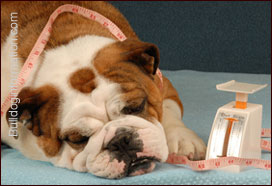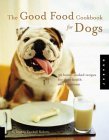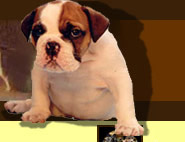The
Bulldog Information Library 2003-2010 © All rights reserved. Original idea, design and development by C. Marien-de Luca. Bulldog photo by Willee Cole.
No part of bulldoginformation.com may be copied, distributed, printed or reproduced on another website without the owner's written permission. Please feel free to link from your site to any of the pages on this website in a non-frame presentation only.



















